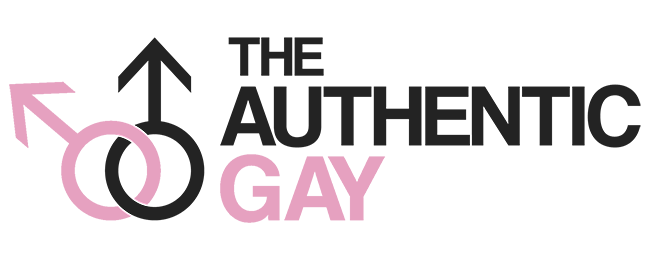Are Gays’ Defense Mechanisms Too Defensive?
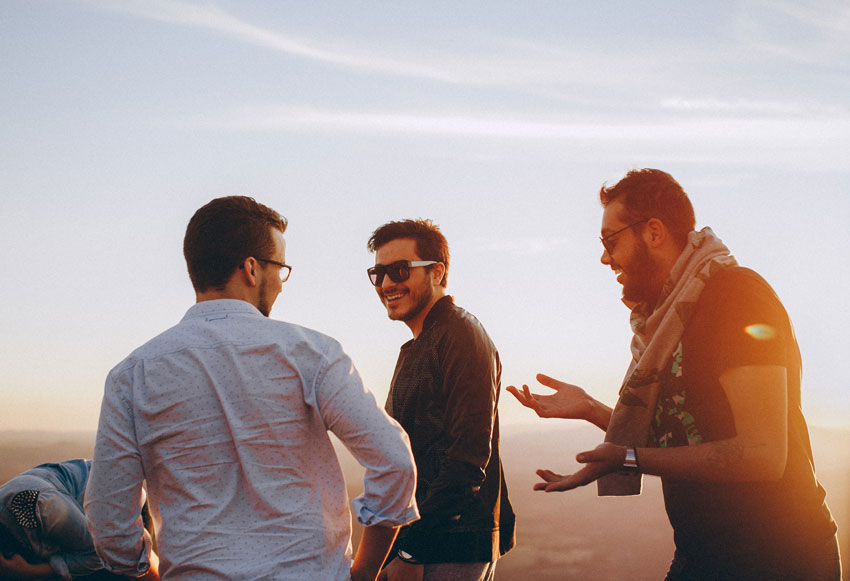
Slowly but surely, life is improving for LGBTQ individuals. But on some level, we have all survived something. Whether abandonment by our family, bullying, schoolyard taunting, or physical abuse. We may have altered our behavior to fit in or not make waves. These can leave a mark on our behavior. We develop defense mechanisms to survive. But when does what helped us navigate home, school or early adulthood stop serving us?
Defense mechanisms are meant to be situational…and temporary. There comes a point where these defense mechanisms turn on us. They can become energy drains, barriers to intimacy, or outright problems. As adults, trying to stop “bullies” can make you a bully. Putting on a tough face to not be bothered also means you’re less likely to be approached. How do we release the old emotional triggers that activate these behaviors? How do we remove our need to defend ourselves? After all, responding to a perceived threat is an attack, not a retaliation.
That One Thing

We can give our fellow queer people a lot of things. Maybe it’s a stolen kiss on the dance floor. You may give an impromptu dance performance at the bar. It could be snaps of recognition or a “Yas, Queen” for a great outfit. But one thing we rarely give each other is… the benefit of the doubt. Sure, we come from different cultures, races, classes, and backgrounds. Yes, being men attracted to men is a bit of a limited community builder. But why is it so often we focus on our differences rather than our similarities? I mean who doesn’t love The Golden Girls?
The driving force behind many of our defense mechanisms is fear. We spend our time on the schoolyards or in our homes being shamed, teased, or worse. That initial trauma causes us to alter our behavior. This isn’t anything to feel bad about. You’re here, you’re queer, you made it. But, now that you are alive and older you’re in your power. You can stop these behaviors. A lot of our communal conflict is the mismatching of our defense mechanisms and people fighting for no reason. It’s like Pokemon but with emotional baggage.
It’s best summed up by the old adage, “Hurt people, hurt people.” So much gay on gay emotional violence is because of fear and our misdirected pain and anger. Oftentimes, our sharpened claws and wits are us primed for a battle that is never coming. Since we can’t get back at the kids on the playground, our father’s or men who have hurt us in the past we lash out. We can, via the defense mechanism of displacement, use other people as a placeholder. Or because we’ve used repression to avoid those negative feelings they stick around and mess with our perception of relationships. Everyone is a villain in someone’s story.
When do we let our guards down and take off the emotional armor? Why are we so willing to give a straight girl or guy the benefit of the doubt but not people within our own community. Sure, Karen and Jeff are great. But the gay dude at the bar likely has similar interests in music, men or some other common characteristic. This can be repressed self-loathing, or homophobia. At some point, we have to examine the “whys” of our own behavior to take steps in the right direction. It’s most often the feelings that we have either not fully processed or confronted. Or it is feelings that have become beliefs. Feelings are not facts…is a popular Instagram post.
There are many emotional and psychological reasons we might not give other queer men the benefit of the doubt. If you’ve been traumatized by abuse, heartbreak, rejection or bullying you’re conditioned to assume the worst. As a survival technique, we’ve evolved to notice potential threats to protect ourselves. Also, we haven’t always been welcomed with open arms by the world at large. He said knowing he’d never go to Tennessee.
But it’s up to us to clean house. As LGBTQ identities become more acceptable the responsibility lies with us to define what relationships work for us as individuals and as a community. As adults, we get to create the spaces we want to be in. We get to dictate the way we want to be treated. Sadly, as difficult as it can be, we also have to deal with our feelings and move the hell on. We are part of the research and development team of making a less shitty gay community.
Into the Alien Nation
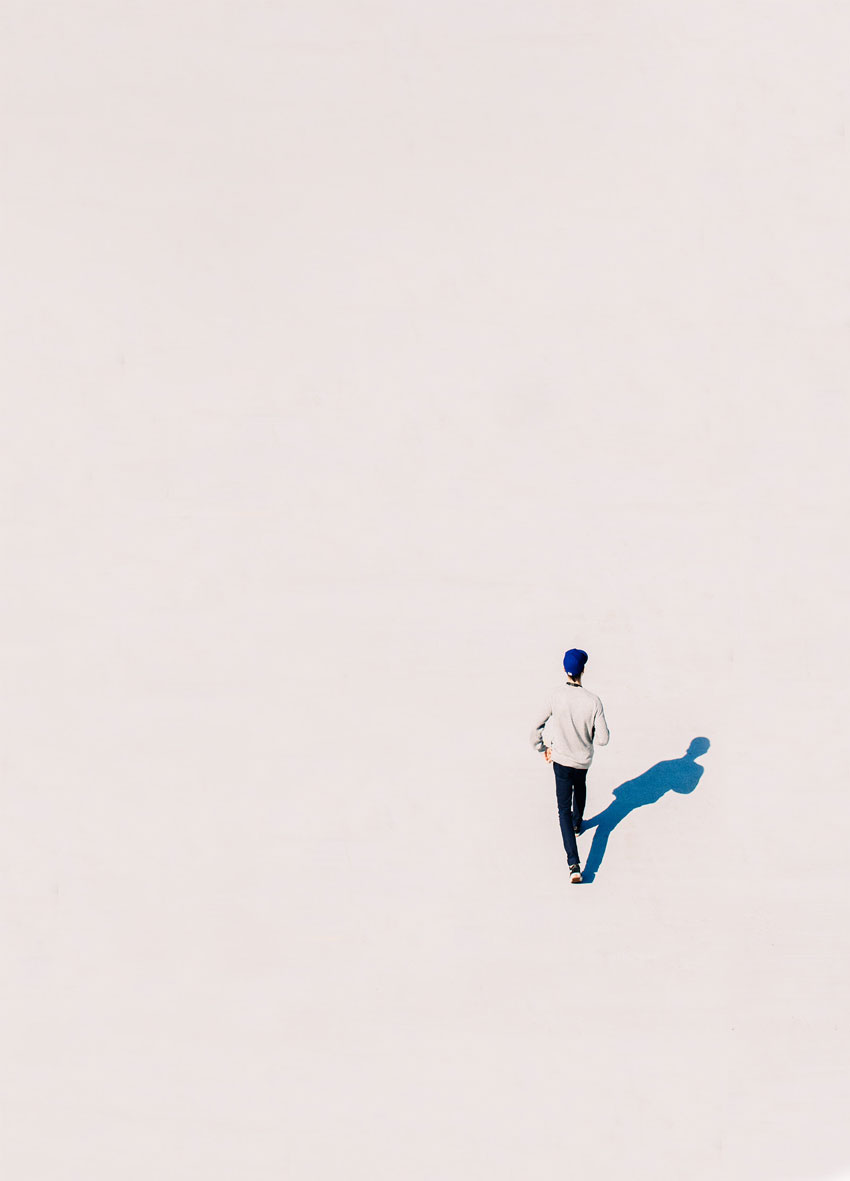
I often tell people, “Alienation can leave you in the Alien Nation.” We can often identify so much with the alienation we faced for being different we let that define us. For psychology buffs, that’s the defense mechanism of introjection. You identify with something so much it becomes a part of you. On the flip side, this can also happen when we come out. We can define ourselves exclusively by our gayness. But how do we split the difference? That’s kind of at the undercurrent with what is wrong with our country, and arguably the world. We must acknowledge and honor our differences and our privileges. But we also should focus on our similarities to find common ground. Now that you have the secret to world peace let’s soldier on.
Not everyone is a joiner. But it’s easier to embrace that outdated way of thinking than it is to step outside of our comfort zone and join the group. It’s challenging to risk the potential hurt or alienation by putting yourself out there. But on some level, this involves addressing our issues. We must do our own emotional and intellectual house cleaning. After all, no risk no reward. Why is the worst-case scenario taking up valuable mental real estate? Why are we giving the bullies and the haters more attention than the people who can surprise us and change our perspectives for the better?
Emotional Drag
Another defense mechanism is sublimation. This is where you transform something negative into a positive. Hell, the entire artform of drag can be viewed as sublimation. Turning trash into treasure, pain into pleasure, and your internal homophobia into outward feminine performance. But this transformation whether it gives us energy or an empowering narrative is temporary. If you have found success being able to “do it alone” how do you learn to make room for other people? How do you learn to make space for others?
Having a chip on your shoulder helped you rise through the ranks at work or school. How do you keep that chip from following you around? Sublimation can be healthy but we must always be adapting to survive. How do we get energy or drive from positive things? Once we remove the emotional triggers and core negative beliefs that reinforce these defense mechanisms we’re free. They can become superpowers. Imagine Mr. Do It Alone when he can also receive help and do ten times as much. Or how about Little Miss Chip on His Shoulder doing what he wants because he wants to make the world a better place.
It Starts With Childhood
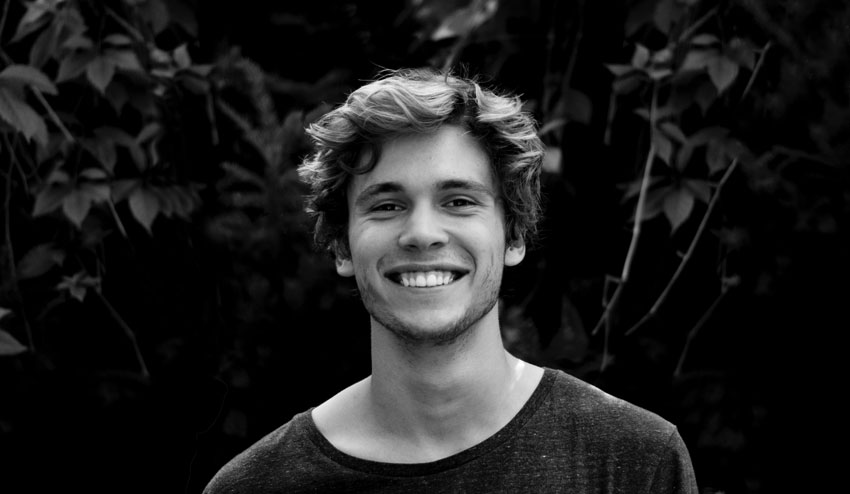
It is sad as queer people are robbed the opportunity to socialize with other queer people before sex comes into play. Kids are coming out earlier and earlier. They are free to find what they like and fully define their personalities. This gives them a chance to be socialized more healthily. But what if you’re already a jaded, wounded adult? The key is to be open. Being open to new people and what they can teach you, open to new tools for survival, but most of all, open to change.
When you watch children play before they become little savages they approach each other with love. They ask people to be their friend or to play. They want to show people their toys or share some new piece of information. They smile and compliment each other. It may be strange to have to relearn these things as an adult but it can be that simple. An open heart and an open mind can be surprisingly effective. Playful curiosity and a sense of fun may not be 100% effective but they are infectious.
Your Homophobia is Showing
Homophobia is real. So many of our defense mechanisms are defined by homophobia. Oftentimes, we call out people for being “extra” because they are being their authentic selves. We are projecting our history and negatively reinforced beliefs onto them. But we aren’t in Kansas, anymore. And if you are…Kansas has changed! Oftentimes, the things we shame other people for are our internalized hurt or shame from “lessons” we’ve learned. Attacking another’s expression is fear to express yourself.
I’m sorry but gay people are way too creative for us to all have the same haircut or wear workout gear to the bar. We should not keep trying to make ourselves less or more homogenized to fit-in to some outdated view of society. We should not be living to please some unknown third party. It’s homosexual, not homogeneous. Oscar Wilde, Keith Haring, and Gianni Versace did not all die on the proverbial cross for us to shop at The Gap.
Revenge of the Stank Face
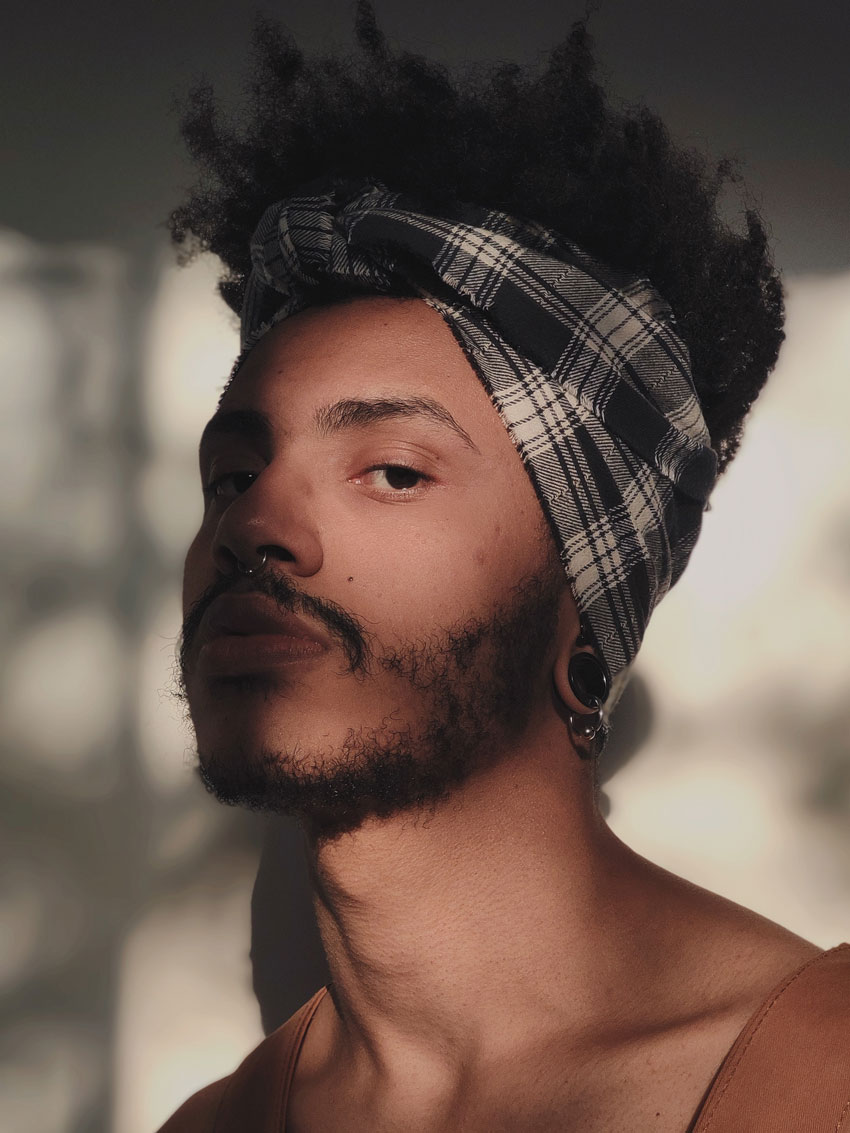
How often are you at a homosexual gathering or bar and see someone with a nasty look on their face? How often do you see a fellow queer person and get a scowl? Sure, someone can be having a bad day. Or they can be insecure. But some people default to a resting bitch face. I must come out. I don’t just write about them. I am one. Initially, it was distrust and discomfort that made me not smile at gay bars. But soon it became my default. Now street smarts and survival techniques dictate you can’t just walk around with a goofy smile on your face. But not smiling can be what instigates negative interactions or your single status. Gay means happy. Not smiling is bad branding.
Smiling can be viewed as a come-on. We can fear the potential of a violent altercation if we smile at the “wrong” person. But are we holding onto old patterns at the expense of new ones? I am often thrown off when I see someone smile. But that’s my issue, not theirs. This is changing. A highlight of the market flooding with drag queen merch is we are more likely to acknowledge each other. I get a lot of random smiles and hellos from guys when I am wearing an Alaska Thunderfuck T-Shirt. And that’s in part because they feel safe in knowing I am gay and have something to react to. Now since national queer rings or nametags are still a few years off maybe can we start with just an attempt at smiling?
Also, only being nice to someone you’ll sleep with is overcorrecting. We are being overly concerned with people assuming we are flirting. We also are at the forefront of rejection technology. Learning to reject someone graciously is a lesson we can all stand to learn. Every time I have been let down easy by someone friendly, complementary, and respectful I’ve received a new friend. Also, I pay it forward by rejecting with the same grace and positivity.
Death-dropping at Windmills
In Cervantes’ classic Don Quixote, the main character, consumed by mental illness, attacks windmills thinking they are monsters. The expression “tilting at windmills” means responding to perceived, yet nonexistent, threats. People can develop a tendency to opt for conflict or aggressive confrontation when they feel threatened. How often have you seen someone lose it at a gay bar? How often has someone yelled at a fellow gay person in defense of a friend? Please don’t bring your childhood trauma to the club. We’re all just trying to have fun.
Sure we want to protect ourselves from threats, rejections, and abuse. But defending ourselves against nonexistent threats pulls focus and wastes energy. Entering situations armed for battle, you’re more likely to attract people looking for a fight. Or worse, you’ll just get a lot of dirty looks because few people can pull off a suit of armor.
Defense mechanisms will turn on us. If you make a joke it can make someone back off. If you respond on the defense people will flee. These defense mechanisms are walls to intimacy. They are a gentle, or aggressive, nudge away. The key to disempowering our defense mechanisms is to ask ourself what are we defending ourselves from? If you are guarded, have a stank face, and aggressively respond to perceived threats odds are you are going to have your heart broken or be rejected. So the damage is done.
The other step is to do the deep healing work to find out why we have embraced these beliefs and behaviors. What do we need to do to heal? And how can we let all of that shit go? We all can heal when we show up as ourselves. If we share our stories, ourselves, and how we’ve survived we can all get a little stronger and be better people. Except for Kevin Spacey.
Christian Cintron is a writer, actor, and stand-up comedian. He has written about entertainment and gay culture for Edge Publications, Queerty and DNA Magazine. He’s also a regular contributor to Backstage.com.
Check out his website www.christiancintron.com. // YouTube: CintronicComedy // Twitter: AbsoluteCintron // Instagram: @SighKickScream
